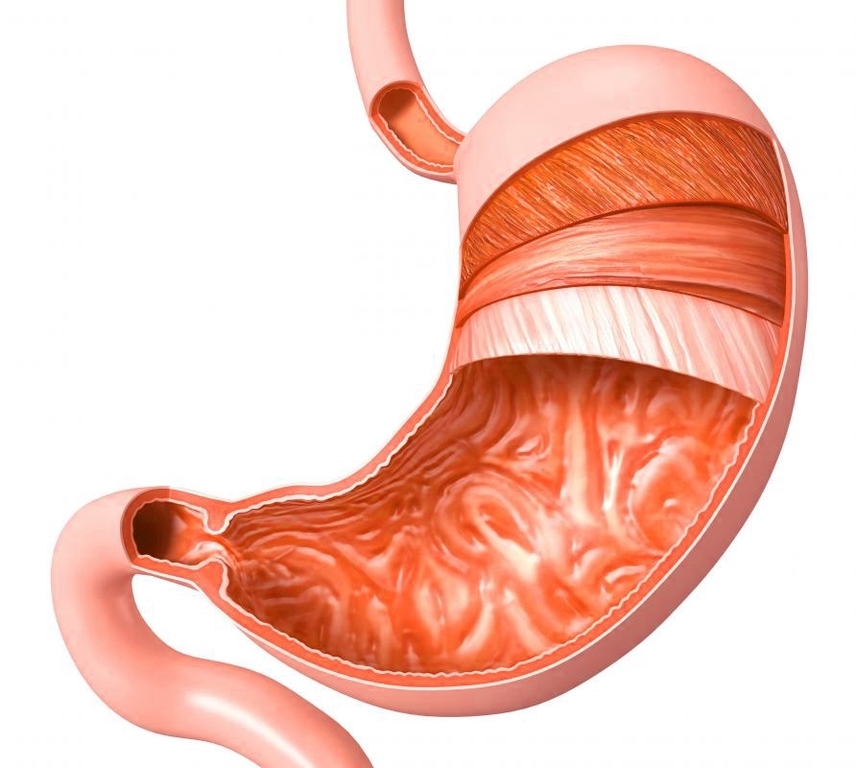Gastritis: Causes and Overview
Gastritis is a group of conditions that cause inflammation of the stomach lining. It can be acute, involving sudden, severe inflammation, or chronic, involving long-term inflammation that can last for years if untreated. Erosive gastritis is a less common form that can lead to bleeding and ulcers in the lining of the stomach.
Causes of Gastritis
1. Bacterial Infection: A common cause of gastritis is an infection with a bacterium called Helicobacter pylori (H. pylori).
2. Medication: Certain medications, such as nonsteroidal anti-inflammatory drugs (NSAIDs) like ibuprofen and aspirin, can cause gastritis.
3. Alcohol Consumption: Excessive alcohol consumption can damage the stomach lining, leading to gastritis.
4. Stress: Extreme stress, especially from serious or life-threatening health problems, can cause gastritis.
5. Other Conditions: Other disease conditions such as Crohn’s disease and HIV/AIDS can also cause gastritis.
ymptoms of Gastritis
Common symptoms of gastritis include nausea, abdominal bloating, abdominal pain, vomiting, indigestion, a burning sensation in the stomach, hiccups, loss of appetite, and black, tarry stools.
Diagnosis of Gastritis
Diagnosis involves a physical examination followed by laboratory tests to identify the cause. These tests may include a complete blood count (CBC) to check the levels of red blood cells and confirm any H. pylori infection, a stool test to check for the presence of blood, endoscopy to check the severity of the condition, and X-ray to determine the exact cause of blockages or narrowing of the upper gastrointestinal (GI) tract.
Treatment of Gastritis
Treatment includes medication and diet modifications. Medications used to treat gastritis include antibiotics to treat bacterial infection, supplements to correct deficiencies of particular vitamins or minerals, acid blockers to reduce the amount of acid released in the digestive tract, and antacids to neutralize the existing acid present in the stomach.
Prevention of Gastritis
Preventive measures include limiting alcohol consumption, avoiding excessive use of over-the-counter drugs such as aspirin and ibuprofen, and consuming completely cooked foods.
Conclusion
Gastritis is a common condition that can cause discomfort and, in severe cases, serious health complications. Understanding its causes and symptoms can help in its prevention and treatment. If you suspect you have gastritis, it’s important to seek medical attention to get a proper diagnosis and treatment..



